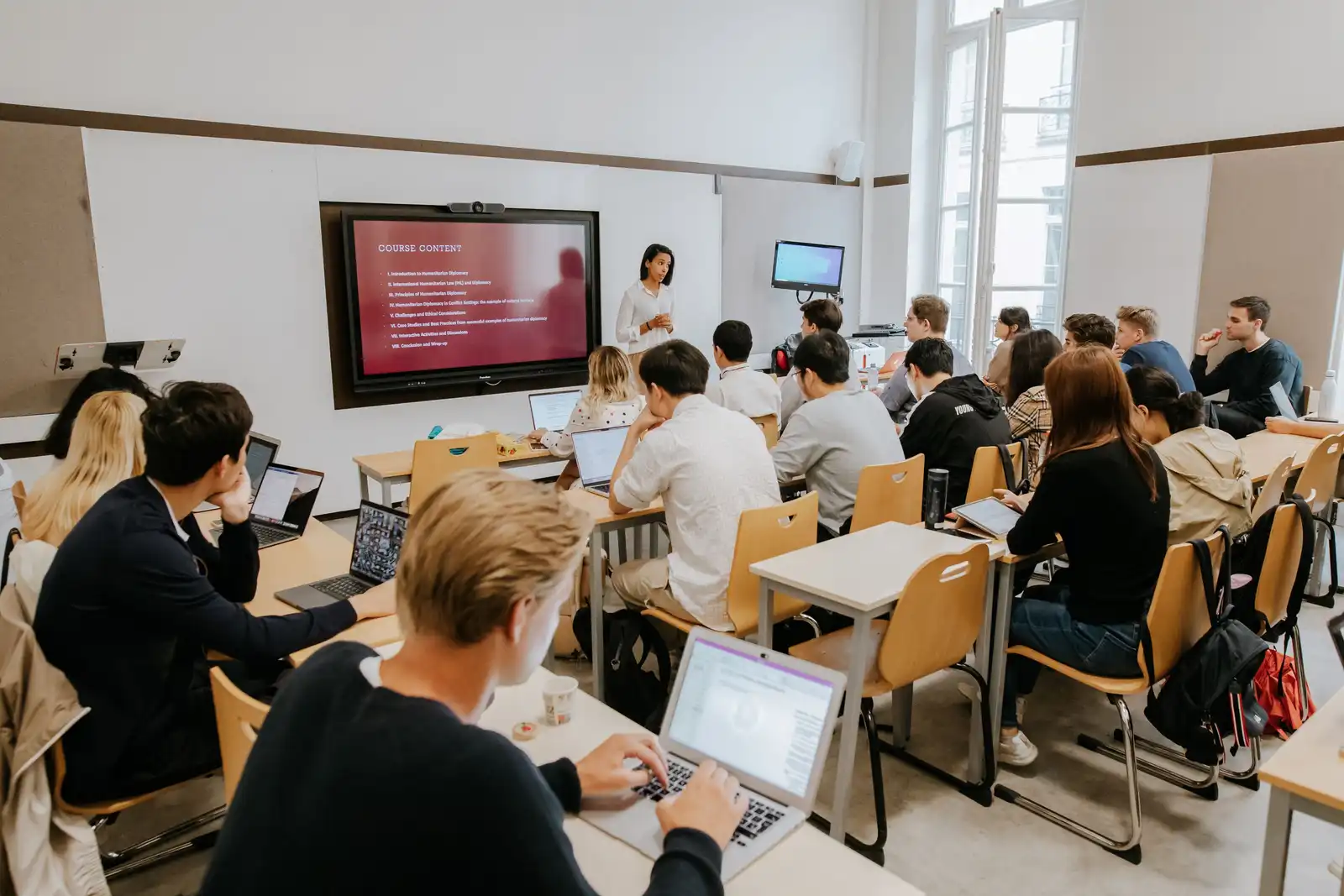
Home>University Programmes>Social Sciences Track
The social sciences track
Introducing students to Sciences Po's core subjects

Students in the social sciences track select one core course of intensive study from Sciences Po’s fundamental disciplines, such as international relations, political science, economics, history, and more. Classes are led by Sciences Po professors and taught in English.
DATES
- June session: June 2nd - June 25th, 2026
- July session: June 30th - July 24th, 2026





